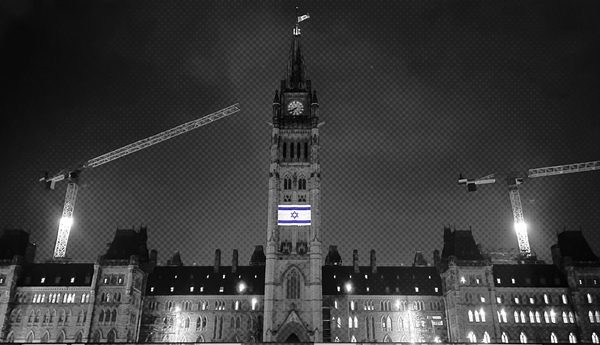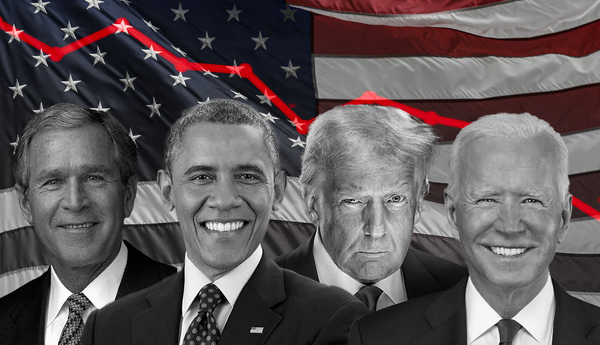I’ve published tens of thousands of words at Passage on Palestinian liberation, Israeli apartheid, media bias on Palestine and other related topics. And yet in all of those words, there is, to the best of my knowledge, just one mention of the Israeli military by its formal name. Instead of using that title, I’ve employed phrases such as “Israeli army” or “Israeli soldiers.”
That is a conscious choice I’ve made as managing editor — prompted by a discussion I had with Palestinian journalist Dalya Al Masri last November when editing one of her articles — and it’s one I’d like to explain now in the hopes that other journalists, and ideally publications, will use it to help inform their work and style guides. (I should note that I’m certainly not the first to make this decision, and many Arabic-language media sources have been going much further for decades, for example referring to Israel solely as the “Zionist entity.”)
The Israeli military was founded in May 1948, and given the title of “Israel Defense Forces.” According to historian Zehava Ostfeld, that title was chosen by the Israeli cabinet for two reasons, the main one being to give the impression that it was formed for a defensive purpose.
This was not out of some desire to accurately depict what the military would be doing, but rather to help build the central component of the false narrative Israel relies on even today: being a perpetual target of bloodthirsty maniacs, whose actions can always be justified by invoking self-defence.
The decades since the military was created make it clear the name choice was purely propaganda, and is an inaccurate depiction of what it does. Israel has used its military to invade, and often occupy parts of, Palestine, Jordan, Egypt, Syria and Lebanon. Its military is not defensive, except in the sense that it occasionally defends land it has illegally taken from other countries through aggression, starting with Palestine itself, of course.
In fact, the second reason the name was chosen illustrates that the settlers knew this contradiction was there right from the very beginning. Ostfeld notes the title was also selected because in Hebrew, it incorporates the word haganah, which was the name of a Zionist paramilitary group operating in the area since the 1920s.
While haganah means defensive in Hebrew, the group (much like the military it would be incorporated into) was anything but. As I’ve written before, “A June 2020 Haaretz article on the organization’s history is titled, ‘Assassinations, Terror Attacks and Even Castration – the Hidden Actions of Israel’s Pre-state Militia.’” The group played a crucial role in the ethnic cleansing of Palestine.
So, the Israeli military’s proper title is propaganda used to help win sympathy for a genocidal, apartheid state that has waged war on all of its neighbours, and killed people in many countries abroad. By using this title, journalists contribute (unintentionally or not) to spreading and strengthening that narrative.
Naturally, most journalists will bristle at this point, and tell me using the military’s official title isn’t any sort of endorsement of its politics, but rather just an editorial requirement. Yet it’s not that simple, and the refusal to consider alternatives indicates just how deeply ingrained the pro-Israel bias is in the media.
The simplest rebuttal I can give is that publications often already decide not to use official titles — it’s a common practice, and can happen for several reasons.
For example, the proper title of the United Kingdom is the United Kingdom Of Great Britain And Northern Ireland. A search of the Canadian Newsstream database for “United Kingdom” from the beginning of this year until October 20 returned more than 13,200 articles. A search for the full title returned 0.
You may say this example doesn’t count because it’s done solely for length and the shorter term loses none of the context, so here’s another example.
The country Western media refers to as “North Korea” is officially titled the Democratic People’s Republic of Korea (DPRK). A database search found it was referred to as North Korea more than 1,000 times this year up until October 20, while the DPRK was used in just 10 articles, all quoting someone else. Some of this may be due to length, sure, but journalists have talked about how they won’t use the name because they feel like it whitewashes what they believe the country to be.
To take it a step further, in March 2016 the Toronto Star announced that they’d be referring to the Islamic State as Daesh going forward, a practice they have continued. The reason they offered is that the group’s activities don’t match its name: “The criminal gang that has murdered, raped and pillaged its way across the Middle East, while sending sycophants to slaughter civilians abroad, is neither Islamic nor an internationally recognized state.”
And yet, Israel has also “murdered, raped and pillaged its way across the Middle East, while sending sycophants to slaughter civilians abroad,” which may be consistent with what a military does, but certainly isn’t defensive.
Yet the Star took it a step beyond mere accuracy, writing that an “added benefit” of using Daesh is that it “insults, rather than flatters, the group.”
This is certainly a much more radical terminology shift than using “Israeli military” instead of a proper title, and so there’s no reason such a change couldn’t be made, other than political bias or hesitancy.
With all of this in mind, I’d like to make two calls.
First, to the editors of self-styled leftist, independent, progressive, etc., sorts of outlets, formally prevent the use of the Israeli military’s title in all places unless it’s absolutely necessary. This is an easy change to make, and would have a positive impact.
Second, to journalists working at corporate media publications unlikely to ever change their policy, avoid using the title in your work by simply writing around it. In most cases it will be possible, and may even go unnoticed by those inclined to care.
There was progress made by journalists this year on what sort of terminology to use when describing Israeli apartheid and oppression. This is another needed step forward. I hope it will be taken.







